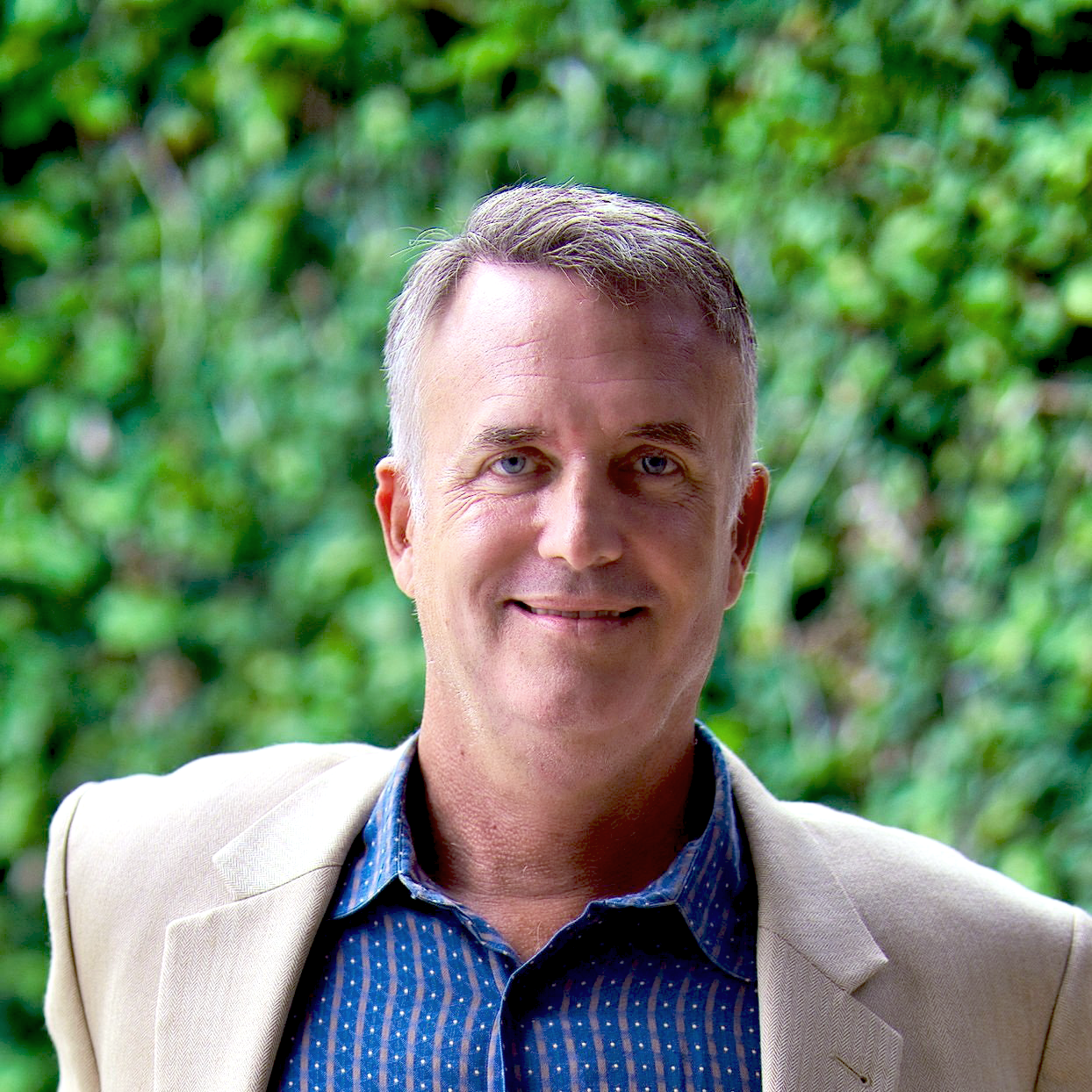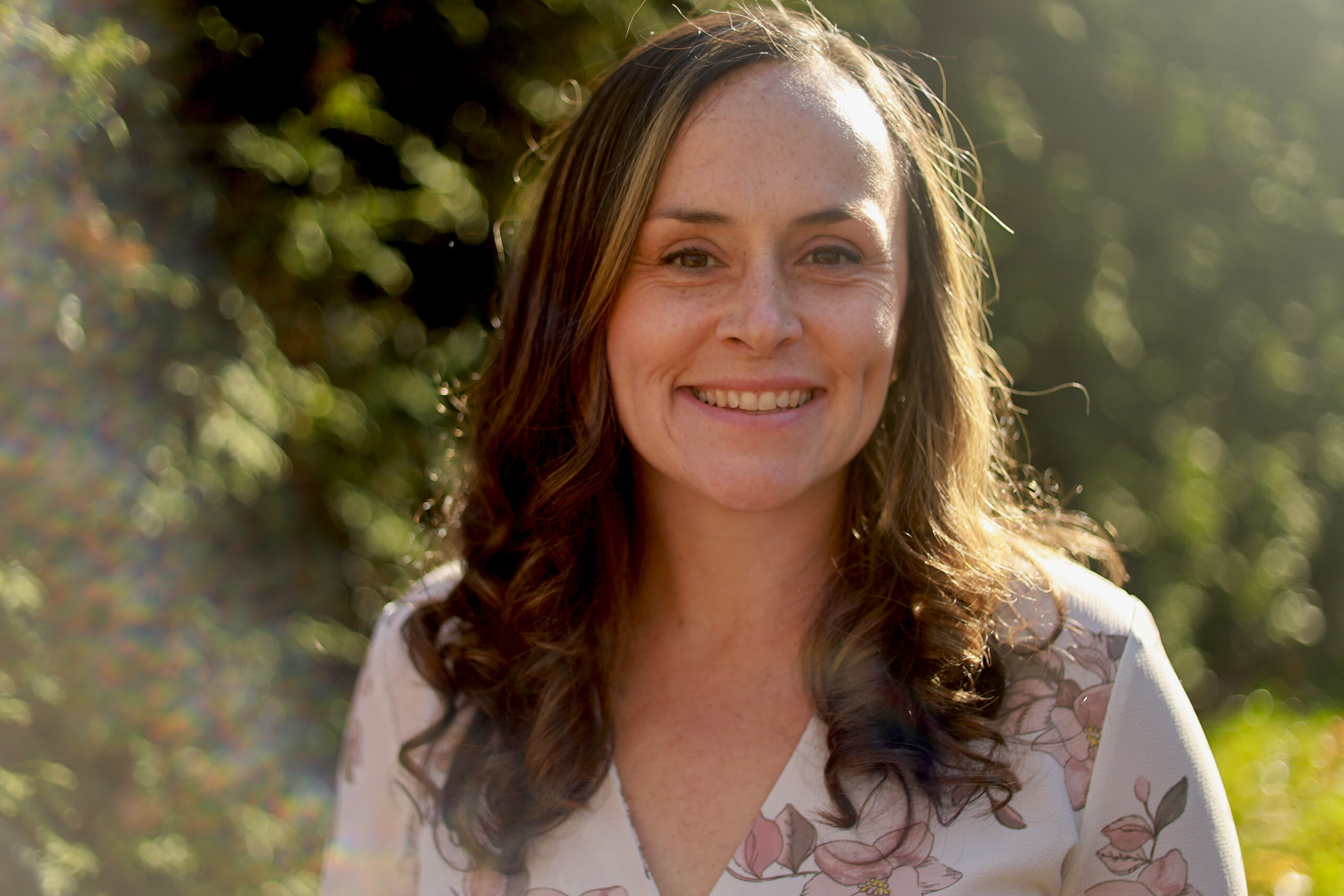Anne Maley, SVP Tucson
Anne Maley has been an SVP Tuscon Partner since 2013. She’s known for her tireless work ethic, her commitment to supporting local communities, and her unwavering belief in the power of collective action.

What interested you in joining SVP? What are you most excited about as a part of this global initiative?
I was invited by a friend to join SVP, and it was so much more than I imagined. It’s incredible what we can do together. I love learning, and by joining this network I have gained so much insight into my own community and the challenges it faces. I’ve worked in the nonprofit world for most of my career and was already aware of some of the challenges and I’ve learned through listening to the successes, challenges, and failures of other communities. Being part of this global network has been an amazing experience, and helped me continue my learning.
What does collective action mean to you?
We can make more meaningful and systemic changes in the long term when we work together. It’s not always easy to collaborate, but it’s part of the work that we do. Here at SVP Tucson, we’ve had to take five steps back in some of the work, but our collaborative efforts have had a positive effect on poverty in Tucson.
Collaboration is key. I can pick up the phone and call peers in other cities, which helps us learn. Other SVP Affiliates were ahead of us in this work, so we called them to find out what lessons they learned. We may hit roadblocks when tackling these major issues, but we remain resilient and importantly, work together to find solutions.
How are you accountable to your communities?
To me, accountability starts with myself and making sure I do the work I’ve committed to. Accountability is also important to my team, peers, board members, staff, and organization. The connection between us and holding each other accountable is so important to creating a safe and brave space where we can have open discussions and disagreements. I love that we can have these conversations with each other in this network and at SVP Tucson.
We may not always agree on how we reach our goals, but we can listen to each other. It often takes repeating the same idea seven times before everyone understands and we need to hold ourselves accountable and engage with nonprofit leaders to get their feedback and ensure their voices are heard. We can be more inclusive in our decision-making process and involve more non-profit leadership on our board too for example.
Why do you think it’s important to be a philanthropist in this network?
We can do more together when we give collectively, so I give more because I know I am pooling my resources with others. The values to reimagine giving have changed my philanthropy and made it possible to not only give larger sums of money, but to make more meaningful gifts. SVP helped me understand the impact of a $15,000 grant, compared to a $1,500 grant. It’s about developing relationships with nonprofits, encouraging engagement with donors and to understand that we are here to support and uplift them. It’s also about relationship building, getting to know who we’re funding, and doing our best to give more.
How would you describe the journey of supporting and funding systems change in a collective way?
Many people donate to nonprofits, often because of a connection to an issue or cause. But many issues don’t get enough attention or funding. This is often because these issues don’t appear to be as appealing or as exciting as others, but they’re still in need of attention and resources. Many funders often don’t understand these issues because they haven’t experienced them firsthand, so it’s important to remember that that is a privilege that enables people to donate in the first place.
It takes a long time to make a difference and it’s not always going to be easy. That’s why it’s important to understand how to fund a movement and stay committed to the cause, even when it’s not the most ‘exciting’. I’m still learning and becoming more aware of biases that come into play when making decisions and learning more about how to tackle bigger systemic issues.
If you weren’t at SVP, how do you believe your approach to collaborative giving would be different? Would you have stayed with your original approach or adopted different values?
I’d be floundering a bit and would be looking for a philanthropy coach or someone with more knowledge than I do about the best way to give. It’s important to take risks and invest in things that have meaning to us.
I want donors and philanthropists to understand that if their investments don’t yield immediate results, don’t stop giving. Unless you’ve been part of a nonprofit, you don’t understand the challenges faced daily. It’s different from owning your own business and it’s tough. I believe in collaborative giving and collective action so love being a part of SVP.


